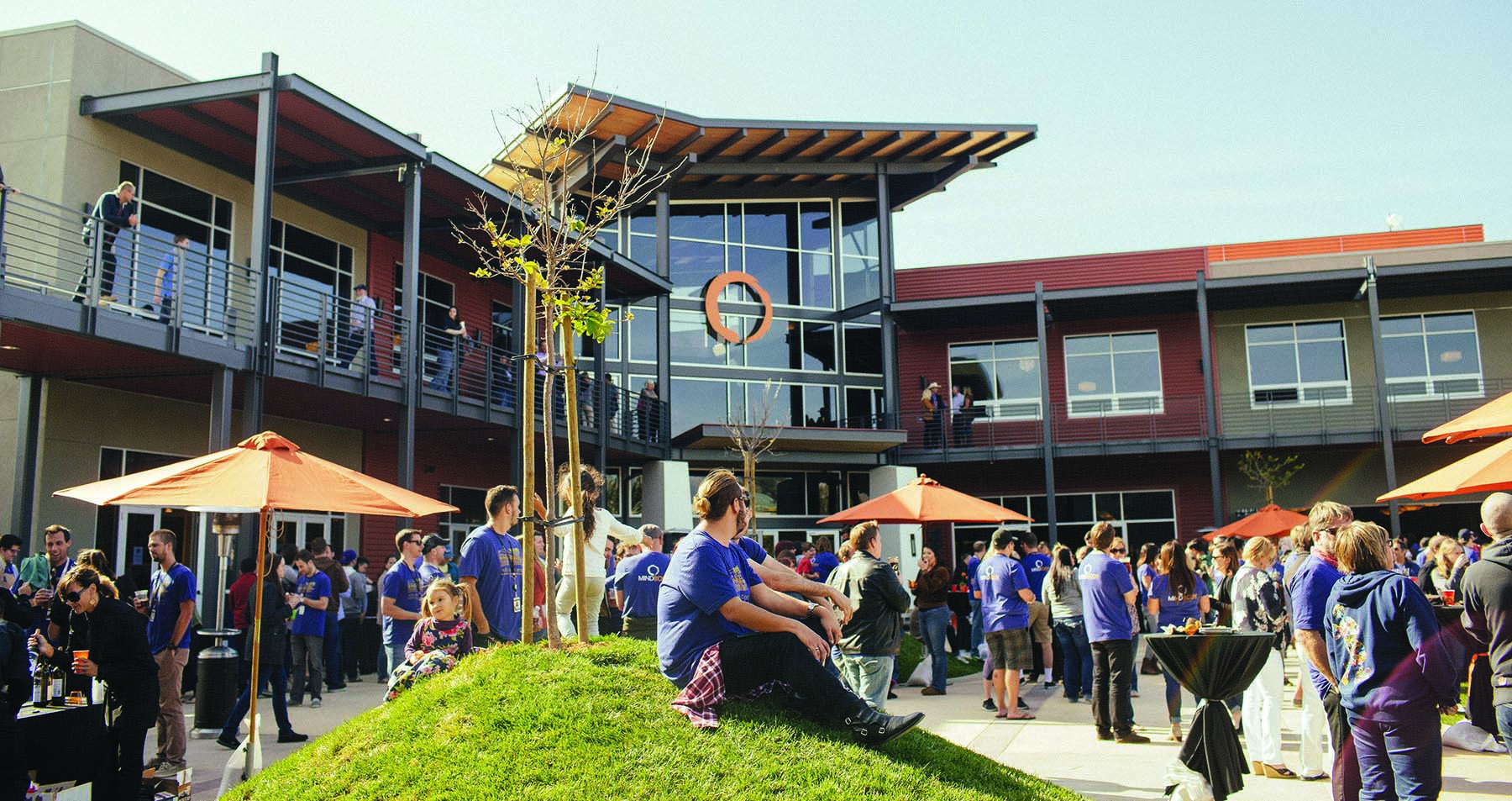More layoffs at Mindbody as tech firms downsize
IN THIS ARTICLE
- Latest news Topic
- Jorge Mercado Author
By Jorge Mercado Thursday, November 3rd, 2022

For the second time in two and a half years, San Luis Obispo-based Mindbody has laid off a portion of its workforce, this time following a trend of technology companies across the country beginning to downsize.
Mindbody, a cloud software company for the fitness industry, announced Oct. 26 that it would lay off an unspecified amount of workers. Dozens of Mindbody employees in the United States, including many in San Luis Obispo, posted on LinkedIn that they had been laid off, indicating that the total number of layoffs could be in the hundreds.
John Motz, the senior vice president and general manager of fitness and integrative health at Mindbody, said in a LinkedIn post that the layoffs include workers from the United States and India.
“While the wellness industry continues to recover from the impact of the pandemic, increased economic uncertainty and inflationary pressures have slowed progress and created new challenges for our industry to navigate,” Tracy Richmond, Mindbody’s director of public relations, told the Business Times. “While these changes are incredibly difficult and will be deeply felt across our entire organization, they will ultimately help us build a more resilient platform capable of meeting evolving market dynamics while better positioning our company for long-term growth.”
The Mindbody employees who posted on LinkedIn about losing their jobs include some with highly placed jobs like project managers and marketing supervisors.
In 2020, Mindbody laid off 700 employees due to the COVID-19 pandemic.
In an interview the Business Times in August, new CEO Fritz Lanman, who took over the post in September, said the company was at nearly 2,000 employees, nearly identical to how many it had before the pandemic.
Lanman is the former CEO at ClassPass, which was acquired by Mindbody in October 2021. He said in August the wellness industry was making a strong comeback, as ClassPass members were booking at a rate 10% higher than pre-pandemic levels.
He added that Mindbody was not strapped for cash and was “well capitalized.”
MindBody is owned by private equity firm Vista Equity Partners. The firm’s portfolio includes just one another Central Coast company, Santa Barbara-based Logic Monitor.
MindBody’s layoffs follow a trend of technology companies across the country downsizing at a time where there is major uncertainty about the United States economy.
On Nov. 2, the Federal Reserve raised interest rates for the sixth time this year, by another 75 basis points. The hikes are intended to slow or stop inflation but could also trigger a recession.
As such, companies are downsizing and keeping revenue and earnings guidances the same or slashing them.
According to Crunchbase, as of Oct. 28, more than 45,000 workers in the United States tech sector have been laid off in mass job cuts so far in 2022.
These include jobs from big companies, such as Netflix, which cut nearly 500 jobs in September; Peloton, which cut more than 4,000 jobs in October; and Zillow which cut 300 jobs a few weeks ago.
Not many Central Coast companies have reported job cuts in 2022, but in August, Impact, a Santa Barbara-based digital marketing platform, cut 10% of its workforce, according to Crunchbase.
Impact CEO David Yovanno said the company had more than 1,000 employees nationwide and 120 in the Santa Barbara office, so a 10% job cut would mean about 100 layoffs.
Yovanno said in a statement in August that “we do not take these job cuts lightly,” and the company took a slew of measures — including cutting executive leadership’s pay by 15% — to avoid layoffs, but the headwinds around the e-commerce industry are “worsening” and “could not have been predicted.”
“Halfway through our fiscal year now, it is very clear that macroeconomic conditions have changed in a once-in-a-generation way; therefore, we must change how we are operating the business going forward if we are to fully realize our vision of becoming the global standard platform for partnerships,” Yovanno said in a statement. “This isn’t an attempt to deflect the blame. It’s to show how these conditions have made it difficult to effectively manage our overall current employee expense levels. For a company that values lasting partnerships and collaboration, this news is hard to digest, and I know it will be harder for those colleagues who are leaving us.”
Related Articles
 Friday, September 2nd, 2022
Friday, September 2nd, 2022









